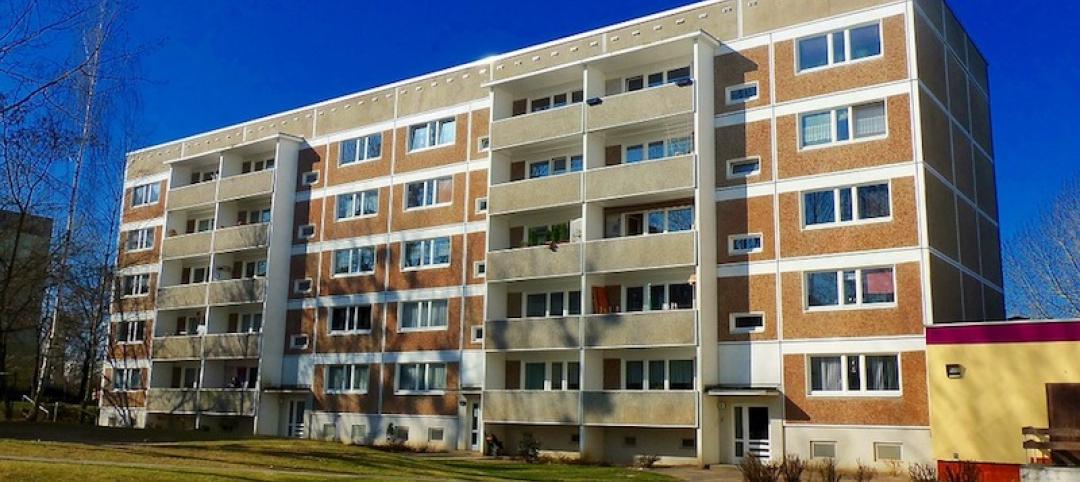Bureaucratic ineptitude ruined the U.K.’s disastrous home retrofit program, and the U.S. could draw valuable lessons from the debacle.
Last summer the U.K. unveiled a “build back better” economic stimulus package that was centered around a $2 billion program to retrofit homes. The program was supposed to fund energy efficiency and clean heat upgrades in 600,000 homes, but it was canceled recently after a six-month effort that may have killed more jobs than it created.
The Green Homes Grants program allowed most U.K. homeowners and landlords to receive up to about $6,900 to help pay for insulation, electric heating systems, and other energy-efficient upgrades such as new windows, doors, and heating controls. Low-income homeowners were eligible for up to nearly $14,000.
But, in order to apply, building owners had to obtain a quote from an accredited installer—few of which existed. Installers were reluctant to go through the time-consuming and expensive process of getting accredited without a longer-term assurance that there would be work. Program administrators often rejected quotes for being too high, asking applicants to provide more details or seek out additional estimates. Many homeowners dropped their retrofit plans as a result.
Retrofitting homes is a major part of the Biden Administration’s $2 trillion American Jobs Plan aimed at economic recovery from the COVID-19 recession. The administration can look across the Atlantic as a lesson on how to avoid failure.
Related Stories
Codes and Standards | Jan 9, 2019
Policymakers need to act to alleviate affordable housing crunch
Moody’s economist says costs including mortgage rates worsening situation.
Codes and Standards | Jan 8, 2019
Pittsburgh launches task force on construction industry fraud
Focus will be on wage violations.
Codes and Standards | Jan 7, 2019
Program uses low-cost sensors to monitor impact of stormwater mitigation systems
University/municipal partnership in Philadelphia aims to improve green infrastructure design.
Codes and Standards | Jan 7, 2019
Washington, D.C., to transition to 100% renewable energy by 2032
Includes measures to reduce emissions from buildings and transportation.
Codes and Standards | Jan 4, 2019
Canada’s National Building Code will include climate change obligations
New durability requirements for new buildings in the works.
Codes and Standards | Jan 4, 2019
LEED v4.1 beta registration begins in January
First releases are O+M, BD+C, and ID+C.
Codes and Standards | Jan 3, 2019
U.S. Appeals Court says general contractors can be cited for subcontractor violations
Ruling will prompt review of OSH decision that said GCs cannot be held liable for subs’ violations.
Codes and Standards | Jan 3, 2019
Tall mass timber code changes receive final approval
New provisions to be included in the 2021 International Building Code.
Codes and Standards | Jan 2, 2019
ASHRAE’s Low-Rise Residential Buildings standard update now available
Performance measures are at least 50% more efficient than 2006 IECC.
Codes and Standards | Jan 2, 2019
Study compares labor hours for various low-slope roofing options
Type of roof covering, project parameters, tool management, and crew efficiency all impact profitability.

















